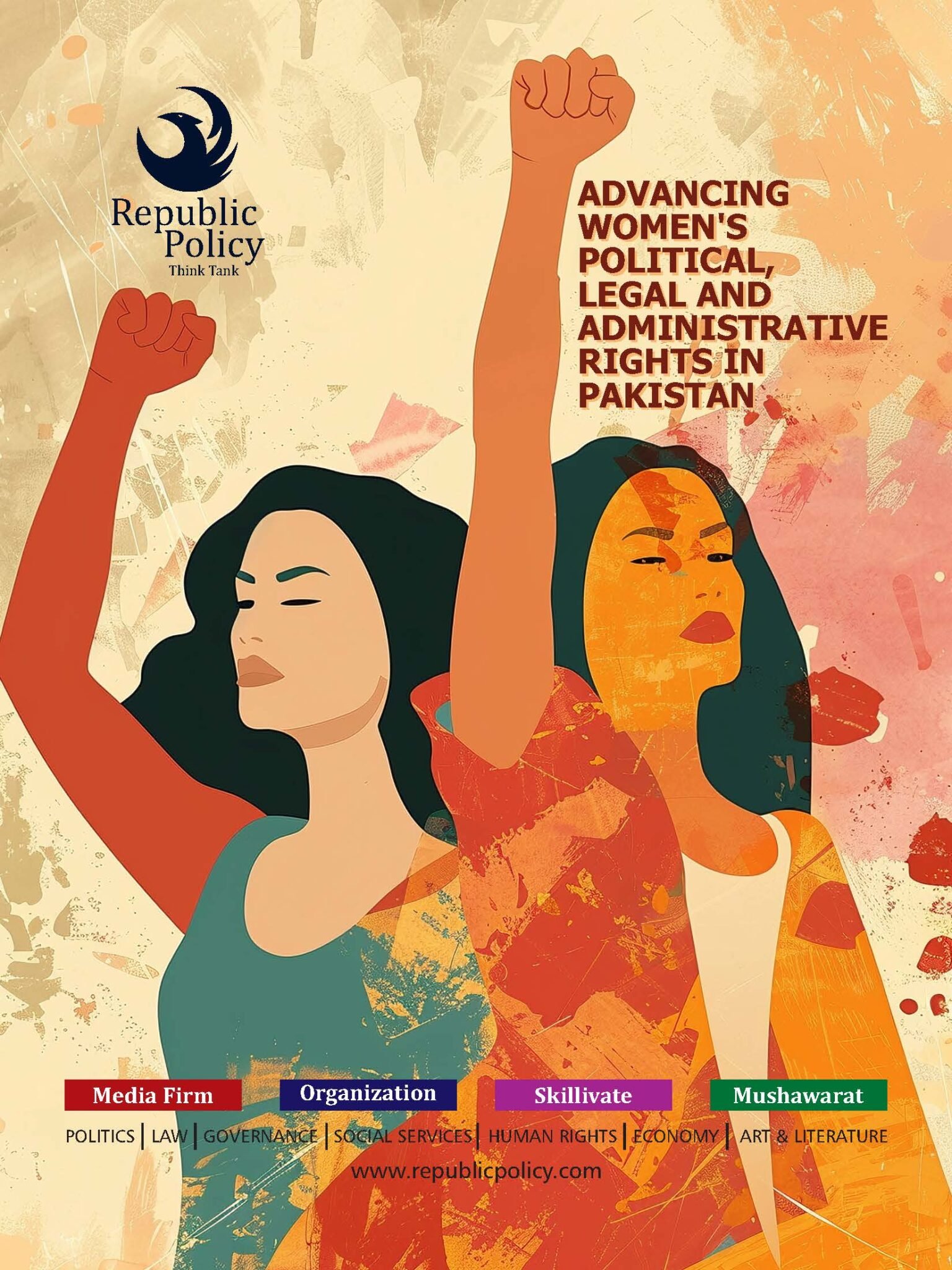Tahir Maqsood Chheena
In all its forms – print, electronic, and social – media thrives on truth. It serves as the lifeblood of journalism, the foundation of public trust, and the cornerstone of a functioning democracy. Let’s discuss why truth is paramount for media, what society expects from it, and the challenges in pursuing truth in today’s commercialized world.
The Importance of Truth: Why Accuracy Matters
- Informing the Public: The Media’s primary function is to inform the public about current events, government actions, and societal issues. Truthful reporting ensures citizens have access to accurate information, allowing them to make informed decisions and participate meaningfully in civic life.
- Holding Power Accountable: A free and independent media acts as a watchdog, holding those in power accountable for their actions. Investigative journalism that uncovers corruption, wrongdoing, and abuse of power thrives on truthful reporting.
- Building Trust: The public relies on the media as a source of credible information. Truthful reporting fosters trust between the media and the audience. When trust is eroded by misinformation, the media loses its ability to inform and empower the public effectively.
Society has a right to expect truthfulness from the media. Here are some key expectations:
- Factual Accuracy: Information presented should be based on verifiable facts, evidence, and reliable sources. Opinions should be clearly labelled and distinguished from factual reporting.
- Transparency: Media outlets should be transparent about their ownership, funding sources, and any potential conflicts of interest that could influence their reporting.
- Objectivity: While complete objectivity may be ideal, striving for fairness and neutrality in reporting allows the audience to form their own conclusions based on the presented facts.
Truth and Media Independence: An Invaluable Link
Uncovering the truth often requires media outlets to be independent of political or corporate influence. Powerful interests seeking to suppress such information can threaten investigative journalism that exposes uncomfortable truths. Media independence ensures journalists can pursue stories without fear of retribution, censorship, or manipulation.
The rise of commercial media and the pressure to generate clicks and ad revenue can create a tension with the pursuit of truth. Sensationalized headlines, confirmation bias catering to existing views, and the spread of “fake news” can all undermine the media’s credibility.
Despite the challenges, there are reasons to be optimistic. Investigative journalism remains alive and well, with dedicated journalists committed to uncovering the truth. Fact-checking initiatives and a growing public awareness of media bias empower audiences to be discerning consumers of information.
The media landscape may be evolving, but the core principle of truth remains paramount. By upholding journalistic ethics, prioritizing factual accuracy, and remaining independent, media outlets can continue to fulfil their vital role of informing the public and holding power accountable. Ultimately, a media dedicated to truth serves not only the public’s right to information but strengthens the very fabric of a free and democratic society.
Ensuring truth in Pakistani media is imperative and requires a concerted effort to overcome the challenges posed by sensationalism, commercialism, ratings, and profiteering. All stakeholders, including academia, society, and viewers, must take proactive measures to ensure that all forms of media in Pakistan prioritize truth, which is fundamental to the media’s role.
Academic institutions must take the lead in promoting truthfulness in media by introducing courses that teach media ethics, fact-checking, and responsible journalism. This would train aspiring journalists to prioritize factual accuracy and unbiased reporting over sensationalism and ratings. Additionally, academic research can inform policy-making decisions to regulate media practices for the better.
Societal pressure and awareness can be an effective tool to ensure truthfulness in media. Social media can be used to promote fact-checking and expose media outlets that engage in spreading false information. Civil society organizations must monitor media practices and hold them accountable for their actions. This would create a culture of responsible journalism, where media outlets prioritize truth over commercial interests.
Viewers must demand truthful media practices and hold media outlets accountable for their actions. They must choose to consume media from outlets that prioritize factual accuracy and avoid those that sensationalize news for ratings and profits. Furthermore, viewers must engage with social media outlets and demand responsible journalism and unbiased reporting. This would create pressure on media outlets to prioritize truth over commercial interests, as they would want to retain their viewership.
In conclusion, ensuring truth in Pakistani media is essential and requires a collective effort from all stakeholders. Academic institutions, civil society organizations, and viewers must work together to promote a culture of responsible journalism where media outlets prioritize truth over commercial interests. This would strengthen the public’s trust in media, promote a healthy and democratic society, and ensure that media outlets fulfill their vital role of informing the public and holding power accountable.
Ensuring that truth is disseminated by the media in Pakistan is indispensable for a thriving democratic system. Laws, libel laws, defamation laws, and regulatory authorities such as PEMRA can play a vital role in ensuring that the media prioritizes truth over sensationalism, commercial interests, and ratings.
To achieve this, the Pakistani government needs to enforce laws that mandate media outlets to prioritize factual accuracy and unbiased reporting. It must introduce strict penalties for media outlets that circulate false information, sensationalize headlines, and prioritize commercial interests over truth. Additionally, the government can introduce regulations that enforce transparency in media ownership, funding sources, and potential conflicts of interests.
Libel laws and defamation laws can provide protection to individuals and entities against fake news and defamatory statements. These laws can create pressure on media outlets to prioritize factual accuracy and unbiased reporting, as they would not want to face legal action for spreading false information. It is essential to have a robust legal framework that holds media outlets accountable for their actions.
Regulatory authorities such as PEMRA can also play a crucial role in ensuring that the media disseminates truth and acts responsibly. PEMRA can enforce regulations that mandate media outlets to prioritize factual accuracy and unbiased reporting and penalize those that engage in spreading false information, sensationalism, and sensationalized headlines. It can also monitor media practices, hold media outlets accountable for their actions, and revoke licenses of those that violate regulations.
However, the effectiveness of these measures is subject to challenges such as political influence on regulatory authorities, lack of resources and capacity to monitor media practices, and media outlets circumventing regulations through alternative means.
To overcome these challenges, it is necessary to ensure the independence of regulatory authorities and establish effective mechanisms to monitor media practices. The government can provide adequate resources and capacity to regulatory authorities to monitor media practices effectively. Civil society organizations can also play a vital role by monitoring media practices and holding media outlets accountable for their actions.
Concludingly, ensuring that truth is disseminated by the media in Pakistan is essential for a thriving democratic system. The government needs to enforce laws that prioritize factual accuracy and unbiased reporting, and regulatory authorities such as PEMRA must monitor media practices effectively. It is also crucial to address the challenges posed by political influence, lack of resources and capacity, and circumvention of regulations. By working collectively, the government, civil society organizations, and media outlets can ensure that truth is prioritized in media dissemination in Pakistan.
Please, subscribe to the YouTube channel of republicpolicy.com

















